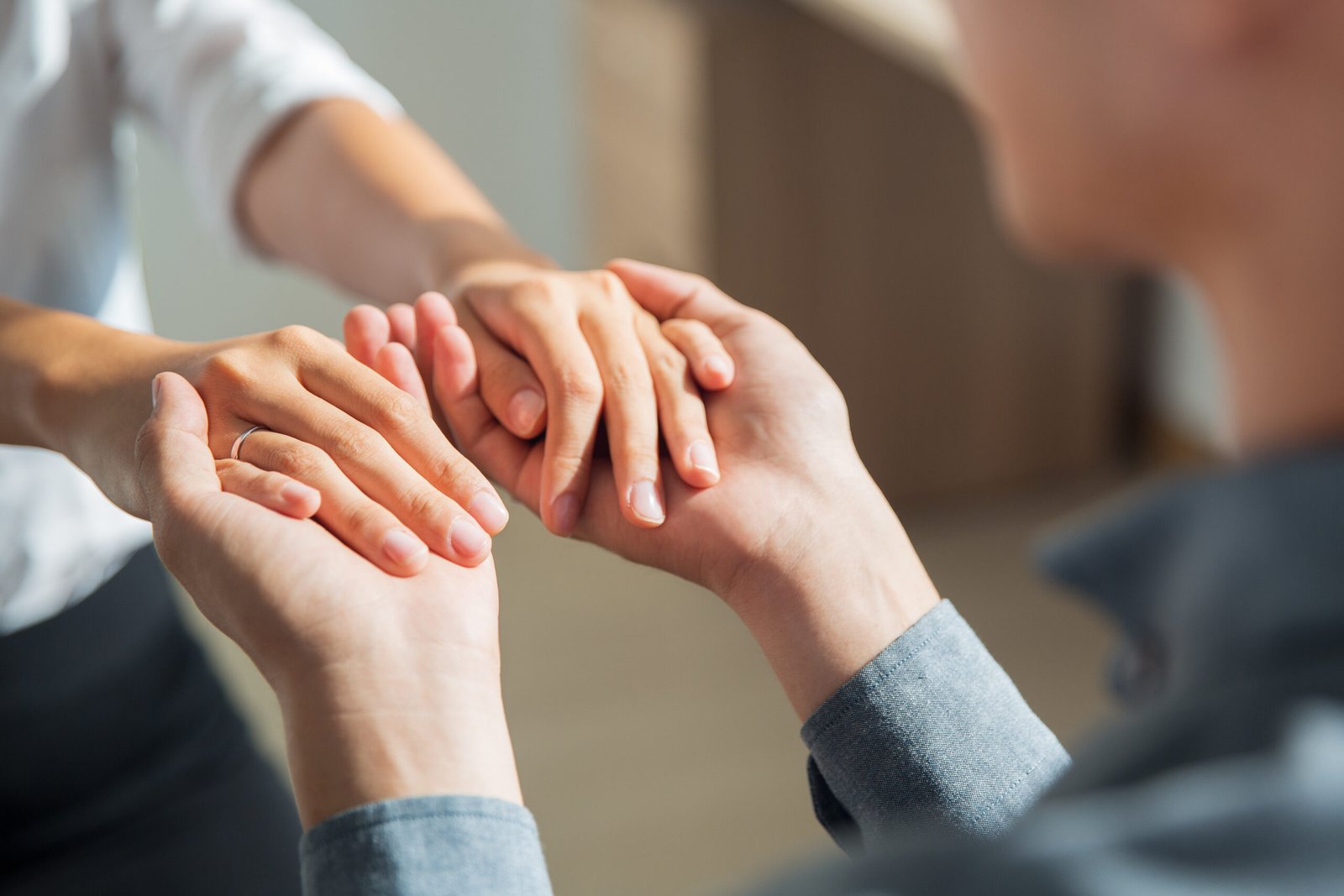Now Reading: Empathy: 3 Why It Matters and How to Cultivate It
-
01
Empathy: 3 Why It Matters and How to Cultivate It
Empathy: 3 Why It Matters and How to Cultivate It

Empathy Is Not Just About Feeling — It’s About Understanding
Empathy is the ability to understand and share the feelings of others. It’s more than just feeling sorry for someone—it’s about truly stepping into their shoes. In today’s divided world, Kindness is a crucial skill that helps bridge gaps, improve communication, and foster kindness. Whether in personal relationships or professional settings, Kindness builds deeper, more meaningful connections. Truly connecting with others begins with listening and trying to understand what they’re going through. A little kindness and patience can go a long way in building trust.
In today’s fast-paced and often divided world, empathy has never been more essential. It’s more than being kind or saying the right things — it’s the ability to truly step into someone else’s world, to listen without judgment, and to feel with rather than feel for.
Why Empathy Matters
1. Builds Stronger Relationships
Empathy strengthens trust and connection by showing others they are seen and heard.
2. Enhances Communication
When we understand others’ emotions, we communicate with greater clarity and care.
3. Supports Mental Health
Practicing Kindness promotes kindness, reduces conflict, and supports emotional well-being—for both the giver and the receiver.
Types of Empathy
- Cognitive: Understanding another person’s perspective.
- Emotional: Feeling what someone else feels.
- Compassionate: Taking action to help based on your understanding and emotions.
How to Cultivate Empathy
Start by truly listening—without interrupting or judging. Ask questions with curiosity, not criticism. Read diverse books, watch documentaries, or volunteer to expose yourself to different experiences. Kindness grows when we open our hearts to understand others.
Empathy in Daily Life
Kindness isn’t limited to big moments—it shines in everyday interactions. Offering a listening ear to a friend, being patient with a coworker, or simply acknowledging someone’s emotions can make a huge difference. These small acts of understanding build trust, ease tension, and contribute to a kinder, more connected community.
Kindness is not just a trait—it’s a practice. The more we try to understand one another, the more compassionate, cooperative, and connected our world becomes. In a time when it’s easy to feel divided, empathy offers a path toward healing and harmony. Practicing Kindness daily helps us become more understanding, less judgmental, and better connected with those around us.
Empathy allows us to connect in a meaningful way — not just to agree with others, but to see life through their eyes, even if only for a moment. It’s the quiet bridge between two hearts that says, “I’m here. I may not have lived your story, but I’m trying to understand it.”
What Empathy Looks Like in Everyday Life
Empathy doesn’t always show up in grand gestures. Sometimes, it’s found in the small things:
- Giving someone space to speak without interrupting.
- Checking in on a friend who’s been unusually quiet.
- Acknowledging someone’s struggle without trying to fix it.
One of the most eye-opening moments for me was during a conversation with someone going through a tough time. I started offering solutions — trying to “help.” But they gently said, “I don’t need advice right now… I just need someone to listen.” That moment taught me that empathy isn’t about having the answers. It’s about being present.
Empathy vs. Sympathy: A Subtle but Important Difference
We often confuse empathy with sympathy, but they aren’t the same.
- Sympathy says, “I feel sorry for you.”
- Empathy says, “I feel with you. I’m walking beside you.”
Sympathy can create distance — it looks down into someone’s pain. Empathy, on the other hand, sits beside it. It’s more vulnerable. More human. And far more powerful when it comes to connection and healing.
Why Empathy Matters Now More Than Ever
We live in a world that is full of noise — opinions, arguments, distractions. Kindness is the quiet voice that listens. It helps us break down walls and build understanding, especially with those whose lives or views may differ from our own.
In relationships, Warmth fosters trust. In parenting, it strengthens emotional safety. In the workplace, it improves teamwork and leadership. And in society, empathy reminds us of our shared humanity — that despite our differences, we all experience joy, loss, hope, and pain.
How to Cultivate Empathy in a Busy World
Just like a muscle, Warmth grows with intention and practice. Here are a few simple ways to deepen your empathetic mindset:
1. Be Curious, Not Judging
When someone behaves a certain way, ask yourself: What might they be going through? Often, there’s more beneath the surface than we realize.
2. Listen to Understand, Not to Respond
In conversations, slow down. Instead of planning your next words, focus entirely on what the other person is saying — not just with their voice, but their tone, their silence, their body language.
3. Expose Yourself to Different Stories
Read books, watch films, or listen to podcasts that reflect lives different from your own. Warmth begins where your comfort zone ends.
4. Practice Self-Compassion
Believe it or not, being kind to yourself actually increases your ability to be kind to others. When you learn to sit with your own pain or flaws, it becomes easier to sit with someone else’s.
Empathy Is a Gift We Give One Another
Empathy doesn’t require a degree, a title, or a perfect personality. It simply asks that we show up — honestly, quietly, and wholeheartedly. In a world that often rushes toward answers and solutions, Warmth reminds us of the power of simply being there.
It’s not always easy. It can be uncomfortable. But it’s always worth it.
Because in the end, what people remember most isn’t how smart we were or how much we knew — it’s how we made them feel. And empathy, more than anything else, makes people feel seen.















